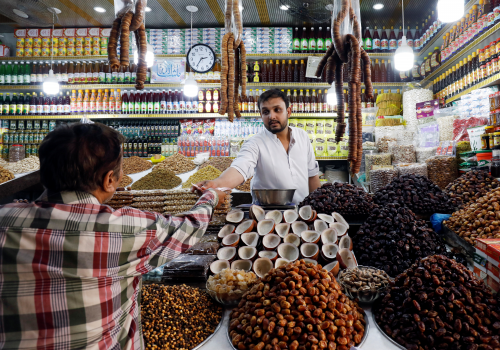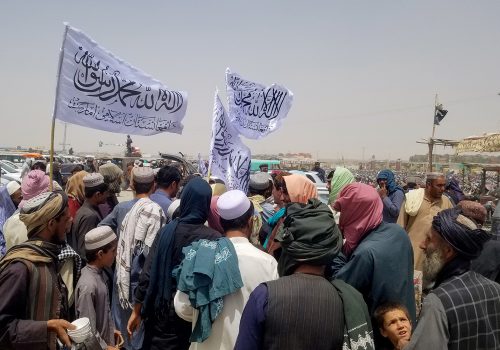The onset of COVID-19 has demonstrated the importance of regional economic cooperation across South Asia, notably to foster connectivity as well as build resilience amid an increasingly volatile climate landscape. That the region represents one of the largest emerging markets in the world yet remains remarkably divided is to its detriment as well as to the livelihoods of over one billion who reside there.
The eventual post-pandemic period offers an opportunity for South Asia to work together and develop solutions to shared problems, strengthen institutions, improve infrastructure, and more. Bangladesh’s role as a regional economic and democratic leader positions it as a key voice on these issues, particularly as conflict ceases in Afghanistan and, for the first time in decades, South Asia is not home to any large-scale armed conflicts.
Please join the Atlantic Council’s South Asia Center and Ambassador M. Shahidul Islam of Bangladesh to the United States on Thursday, November 18 at 10 AM EST for a conversation about Bangladesh’s role in supporting economic integration in South Asia.
This program is the second in a series jointly hosted by the Atlantic Council and the Embassy of Bangladesh in Washington, DC. The first focused on Rohingya refugees residing at Bhashan Char, and can be found here.
Featuring
H.E. Ambassador Shahidul Islam, Ambassador of Bangladesh to the United States
Moderated by
Amb. Osman Siddique, Senior advisor, Atlantic Council’s South Asia Center
Related content

The South Asia Center is the hub for the Atlantic Council’s analysis of the political, social, geographical, and cultural diversity of the region. At the intersection of South Asia and its geopolitics, SAC cultivates dialogue to shape policy and forge ties between the region and the global community.

